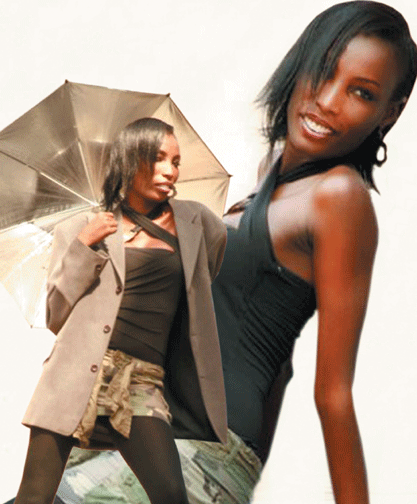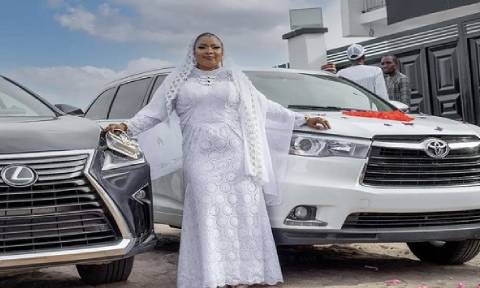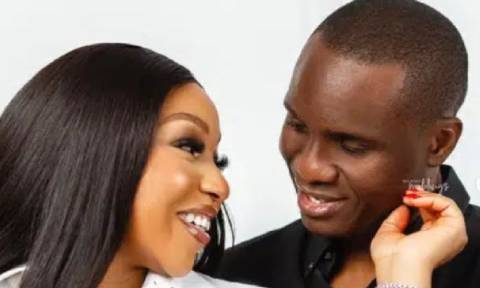
DRESSING for work, sometimes, is very difficult, as there are tendencies to dress down or exaggerate appearance.
Clothes that work well for beach, dance clubs, exercise sessions, and sports contests may not be appropriate for a professional appearance at work.
Many offices, however, to save situation, draw up dress codes for their employees. These are actually issued out on assumption of office. Items that are not appropriate for the office are listed, too.
The list will reveal what is generally acceptable or not as business casual attire.
No dress code can cover all contingencies, so employees must exert a certain amount of judgment in their choice of clothing to wear to work.
If you experience uncertainty about acceptable, professional business casual attire for work, ask your supervisor or your Human Resources staff because they are the ones that lay down the rules.
The following rules should be considered when thinking of work clothes.
• Clothes that reveal too much cleavage, your back, your chest, too much of your legs, your stomach or your underwear is not appropriate for a place of business, even in a business casual setting.
• Clothes should be well ironed and not rumpled. Torn, dirty, or shabby clothing is unacceptable.
• No thread should be hanging out from your dress.
• Any clothing that has words, terms, or pictures that may be offensive to other employees is unacceptable.
• Clothes that have company’s logo are encouraged.
Certain days can be declared dress down days, generally Fridays. On these days, jeans and other more casual clothing, although never clothing potentially offensive to others, are allowed.
• Slacks and other makers of cotton or synthetic material pants, wool pants, flannel pants, dressy, capris, and nice looking dress synthetic pants are acceptable.
• Inappropriate slacks or pants include jeans, sweatpants, exercise pants, shorts, leggings, and any spandex or other form-fitting pants such as people wear for biking.



















